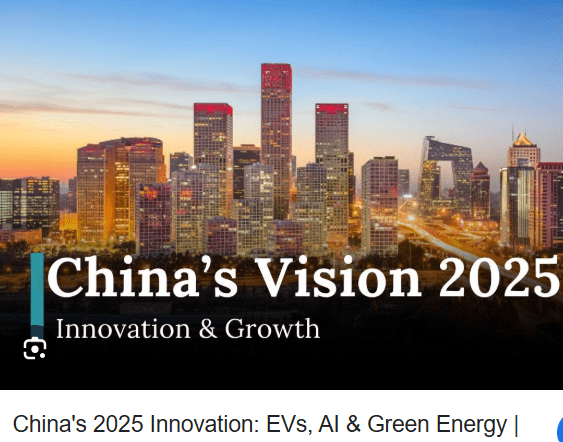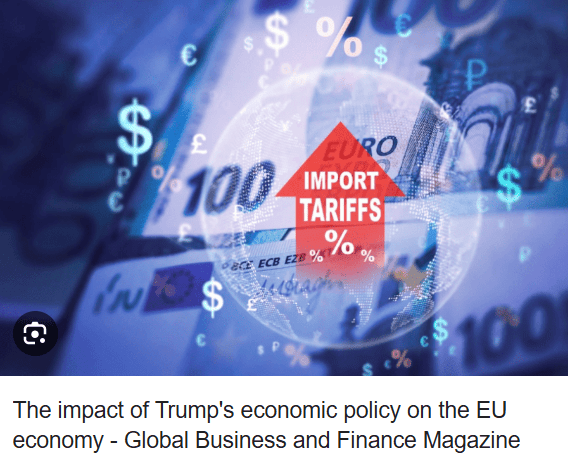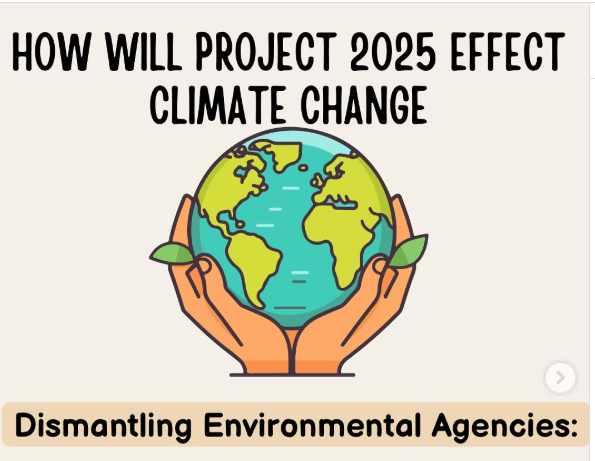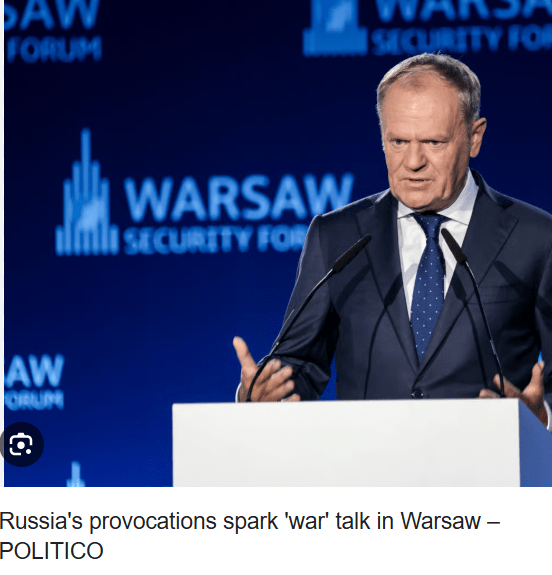At the first meeting after the summer break, we began with a roundtable where everyone shared what they saw as the most significant event of the past three months. From there, we intended to choose several topics for deeper discussion at future meetings.
The meeting opened with an email from a member who couldn’t attend. He highlighted China’s rapid progress in AI, renewable energy, and affordable electric vehicles — developments that are reshaping global competition.

Next came a short presentation on the EU economy and its outlook. The discussion started with the Framework on an Agreement on Reciprocal, Fair, and Balanced Trade between the US and the EU, signed by Ursula von der Leyen and Donald Trump in July 2025. The deal was meant to prevent a trade war but drew criticism in Europe over the concessions made.
Overall, the EU in the future faces serious economic challenges — social pressures, a need for major investments, and urgent structural reforms to boost competitiveness.

We also talked about climate change. The recent Climate Summit in New York showed how far global action falls short of the Paris Agreement goals. The US, under its new administration, has largely ignored emissions and climate issues. Meanwhile, China — once the world’s largest emitter — committed for the first time to reducing greenhouse gas emissions by 7–10% from its peak level and continues expanding green energy projects worldwide.

One participant raised concerns about the growing trend of dismissing scientific expertise — citing Robert Kennedy Jr.’s anti-vaccine stance in the US and Michael Gove’s “enough of experts” remark during Brexit. This disregard for science is troubling.
We then discussed the ongoing war in Gaza and the mounting evidence of genocide by Israel. Several participants questioned why the UN’s peacekeeping role has vanished, leaving the world powerless to stop the violence.
Another topic was the recent drone incidents over Poland, Romania, Denmark, and Norway, as well as Russian jets entering Estonian airspace. Poland and Estonia responded by invoking NATO’s Article 4 to request consultations on how to deal with Russian provocations.

This led to a reflection on Putin’s unexpected return to the global stage — from being isolated by the West to receiving red-carpet treatment at international events, including meetings in Anchorage and at the BRICS summit in Xiamen.
We ended by discussing the flood of false and AI-generated information online, and a lot of chats and comments made by bots. Many people now rely on AI tools instead of verified sources, blurring the line between truth and opinion. Truth seems to have become a matter of personal choice. The timeless philosophical question of what truth really is feels especially relevant today.
Finally, it was noted how overwhelming the daily news has become — “every day, something worse happens.” To balance that, we agreed that our next meeting will focus on good news from this year: each member will bring one positive story to share.
